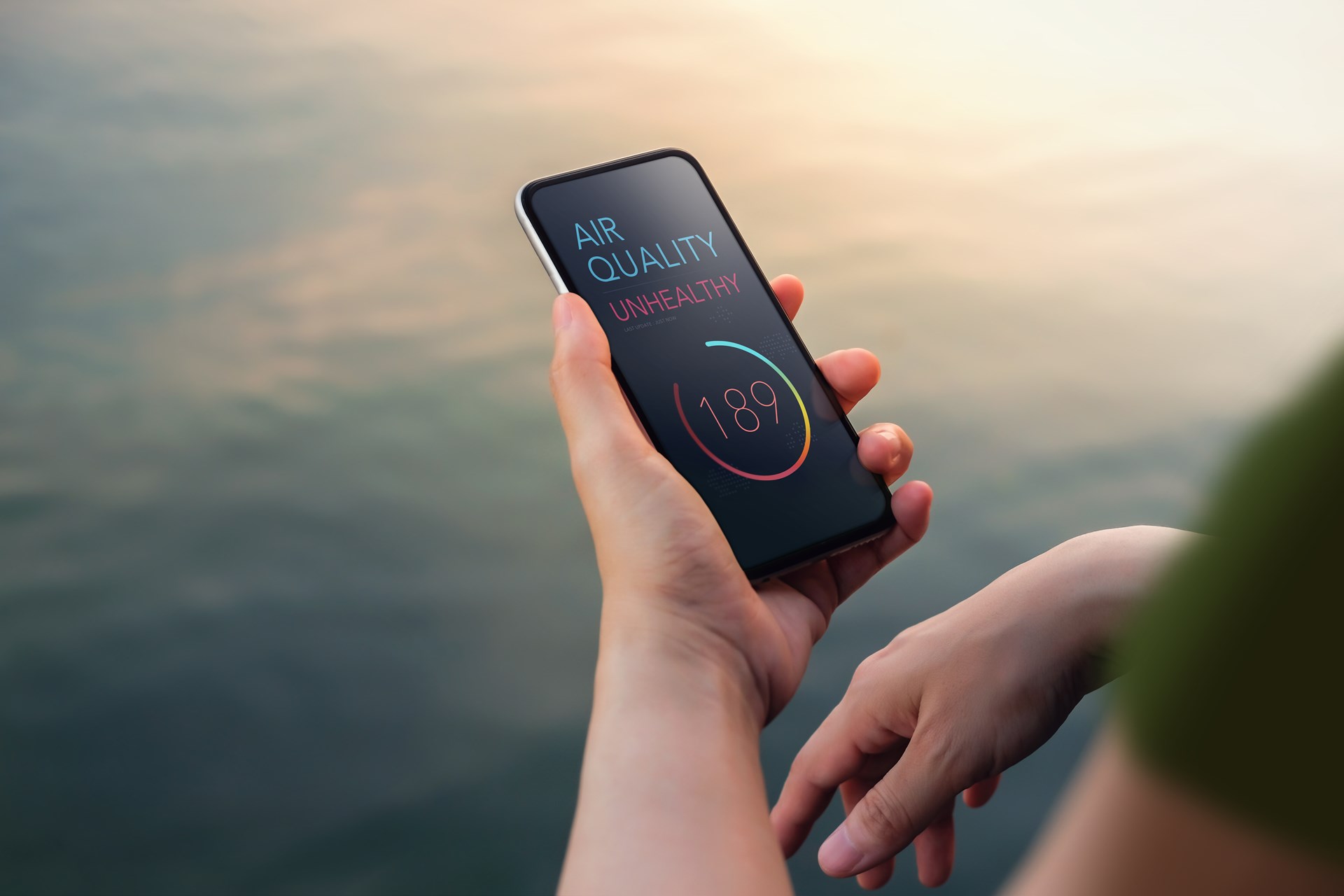
Due to the current Air Quality Health Index in Saskatoon, the following is recommended:
- Communicate with students and staff that they should avoid strenuous activities outdoors.
- Reduce or reschedule strenuous activities outdoors, especially if individuals experience symptoms such as coughing and throat irritation.
- You may choose to continue with an outdoor recess and outdoor activities, such as field trips, but communicate with students and staff to avoid strenuous activities and play.
If students and staff will be outdoors, they should:
- Drink lots of water.
- Take breaks from being outside.
Wearing a mask outdoors can also help reduce exposure to smoke. Indoor recess is also an option for students who are at risk (lung or heart condition).
You can monitor the Air Quality Index
here.
For those who have outdoor sporting events scheduled for today, below is some additional information from Environment Canada for your consideration.
Tips for Organizers of Outdoor Sporting Events
People participating in sports breathe more deeply and rapidly, which allows more air pollution to enter the lungs. This puts people who are active outdoors at greater risk when air quality is poor.
Just as an outdoor sporting event (game, practice, tournament, etc.) may be cancelled or rescheduled due to thunderstorms, extreme heat or other weather conditions, it is important to consider air quality when making decisions about an event.
The type of activity, the level of exertion required, and the age and relative health of all participants should be factors in deciding whether to hold, continue or modify an event.
The
Air Quality Health Index (AQHI) is a tool that can help organizers of outdoor sporting events make decisions based on air quality.
Organizers of outdoor activities and sporting events should consider:
- Reducing the intensity of the activity or rescheduling the event when the health risk is moderate (between 4 and 6 on the AQHI), especially if participants start experiencing symptoms.
- Rescheduling the event when the health risk is high (7 or more on the AQHI).
Consult the AQHI before and during an event, as AQHI levels may change quickly. For example, a shift in wind direction can bring wildfire smoke to the event site and rapidly worsen air quality.